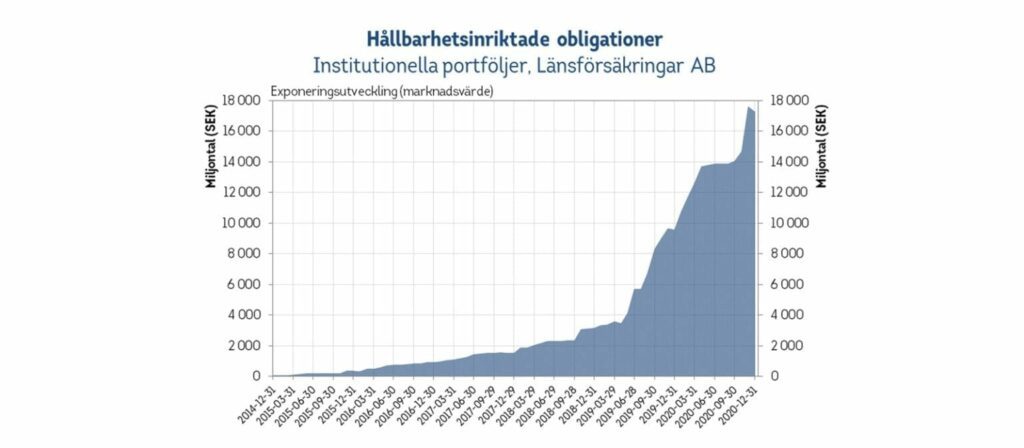“At Desjardins, we want to help our members and clients make well-informed decisions. One of the ways we can do that is by offering products and services that improve their environmental footprint. Through our plan and the actions we’ve taken to date, we’re meeting our members’ and clients’ financial needs while addressing their concerns about the climate crisis,” added Cormier.
Desjardins Group is confident that it can achieve these ambitious goals and will track its progress using the latest science-based climate research and knowledge. The organisation has joined the Partnership for Carbon Accounting Financials to accurately measure its GHG emissions (lending and investing activities) using recognised methods.


